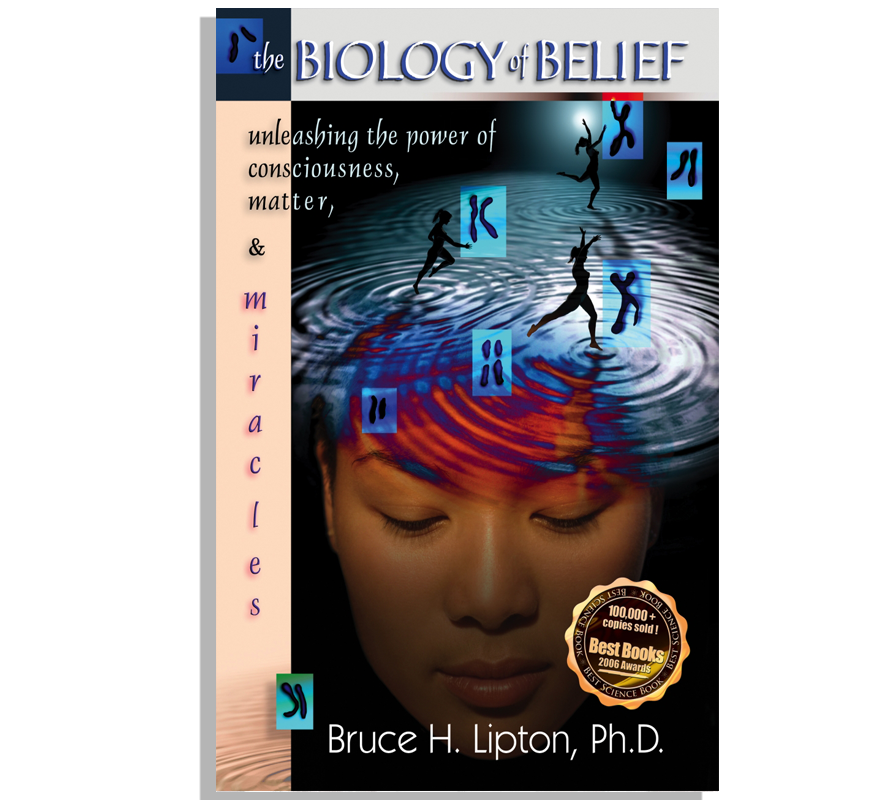What are beliefs?
Self-beliefs are essentially the beliefs we hold about ourselves. They define our perception of our own abilities, worth as a person, personal qualities, strengths, weaknesses, and potential. They are the ideas and attitudes that shape our sense of identity and self-esteem, and have a significant impact on our thoughts, emotions, and behaviours.
Self-beliefs can be either positive or negative, and they are influenced by a wide range of factors, including our experiences, upbringing, cultural and societal influences, and feedback from others. Positive self-beliefs can help us feel more confident, motivated, and resilient, while negative self-beliefs can lead to feelings of insecurity, self-doubt, and low self-esteem.
In Dr. Bruce Lipton's work, beliefs play a crucial role in the interaction between biology and health. He argues that our beliefs have a direct impact on the behaviour of our cells and can influence our physical and mental health. According to Lipton, negative beliefs and stress can cause changes in our biology that can lead to disease, while positive beliefs and attitudes can promote health and well-being.
What is the belief cycle?
The belief cycle is a psychological model that describes how our beliefs, thoughts, and actions are interconnected and can create a self-reinforcing loop. Here's an example of how the belief cycle might work in practice:
Let's say that someone has a belief that they are not good enough. This belief may lead to negative thoughts such as "I'm a failure" or "I'll never succeed," which in turn can trigger feelings of anxiety, sadness, or hopelessness. These emotions can then influence the person's actions, causing them to avoid challenges, procrastinate, or engage in self-destructive Behaviours.
As a result, the person's experiences and outcomes may confirm their negative belief, reinforcing the cycle. For instance, if the person avoids taking on a new project at work because they believe they're not good enough, they may miss out on an opportunity for growth and development. This can further cement their belief that they're not capable and make it even harder to break out of the cycle.
Why do beliefs hinder a person?
Beliefs can hinder a person when they are negative or limiting in nature. These types of beliefs can create a self-imposed barrier that can prevent a person from achieving their full potential. Negative beliefs can cause a person to doubt their abilities and prevent them from taking risks or pursuing their goals. They can also cause a person to feel anxious or depressed, which can negatively impact their overall well-being.
Limiting beliefs can also create a narrow view of the world, preventing a person from considering other possibilities or alternative perspectives. This can lead to a lack of creativity and innovation, as well as a lack of openness to new ideas and experiences.
Moreover, beliefs can be based on inaccurate information or faulty assumptions. If a person holds beliefs that are not based on reality, they can make poor decisions and miss out on opportunities. For example, if a person believes that they are not good at public speaking, they may avoid opportunities to speak in public, even if it could benefit their career or personal growth.
Beliefs can also be influenced by social and cultural conditioning, which can lead to biases and stereotypes. These types of beliefs can limit a person's ability to connect with people from different backgrounds and can perpetuate discrimination and prejudice.
Psychological effects of Negative self-beliefs.
Negative self-beliefs can have a profound psychological impact on our lives, affecting our thoughts, emotions, Behaviours, and overall well-being. Here are some common psychological impacts of negative self-beliefs:

